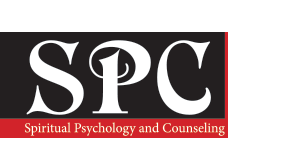A Mixed-Method Study Exploring the Effectiveness of Acceptance and Commitment Therapy Based Group Psychoeducation Program on Psychological Flexibility
Author/s: Beyza Kırca, Halil Eksi
DOI: 10.37898/spc.2020.5.3.127
Year: 2020 Vol: 5 Number: 3
Abstract
This study aims to develop, implement, and test the effectiveness of an Acceptance and Commitment Therapy-based psychoeducation program for fostering psychological flexibility. The study employed a convergent mixed methods design. For the quantitative phase, the pre-test post-test control group experimental design was used, while in the qualitative phase, a thematic analysis was conducted. The study group consisted of 13 first-year students of the Department of Guidance and Counseling, and Psychology, aged between 18-22, 8 of whom are in the experiment group, and 5 in the control group. The students participated in 8 sessions of 90 minutes. Before and after the psychoeducation, the Acceptance and Action Questionnaire-II was administered to the students and they were also asked to answer the formerly specified open-ended questions in writing. Mann Whitney U and Wilcoxon Signed Ranks tests were used for statistical analysis; while thematic analysis was used for the qualitative component of the study. Quantitative findings showed that psychoeducation significantly increased psychological flexibility, but the change was not at a level to differ from the control group; while qualitative findings revealed that participants experienced changes in 10 themes after psychoeducation. These themes are Being Present, Self-Control, Value-Based Actions, Defusion and Coping with Feelings and Thoughts, Knowledge of Self and Others, Acceptance, Non-Avoidance, Conflict and Crisis Management, Authenticity, and Anxiety. The quantitative and qualitative findings are discussed in light of the relevant literature.
Keywords
Acceptance and Commitment Therapy, Psychological flexibility, Mindfulness, Group psychoeducation

